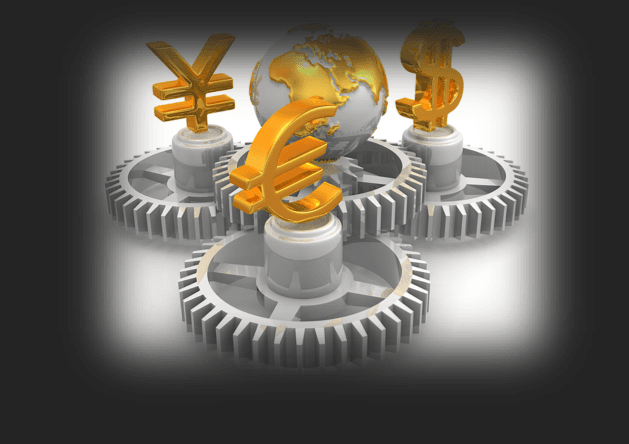The EUR/USD tumbled to fresh monthly lows on Wednesday, as talks between Greece and European creditors stalled, raising concerns that Athens was on the brink of default less than two weeks before a critical payment deadline.
The EUR/USD declined 0.5% to 1.0825 after suffering heavy losses over the past four days. The pair is trading at its lowest level in a month and could risk further downside if talks between Greece and the troika continue to stall. The EUR/USD faces immediate support at 1.0807 and resistance at 1.0928.
The euro was little changed against other major pairs on Wednesday. The EUR/JPY was virtually unchanged at 133.94, while the EUR/GBP held steady at 0.7766.
Greece Talks Continue to Stall
Greece and its European creditors did not make it to the negotiating table on Tuesday, according to a senior Greek official, who said that talks were cancelled. Both sides failed to make any significant breakthroughs at last week’s European Union summit in Riga. While Athens has expressed optimism that a deal would be reached soon, that sentiment was not shared by the International Monetary Fund, which shot down rumours that a major breakthrough had been made.
Disgruntled with the way Greece has handled the bailout talks, the IMF has vowed that any future deal with Athens would not involve more emergency funds. The troika of creditors is still awaiting credible reforms from Athens before unlocking critical bailout aid.
Greece faces a critical loan repayment to the IMF on June 5. Greek officials have already stated they are unlikely to meet that obligation without a new bailout accord. Billions more are due in the remainder of June, including an interest payment to the European Central Bank. The ECB payment is seen as the most critical, given that the central bank is providing Greece with emergency liquidity assistance.
Economic Data
The economic calendar was relatively quiet on Wednesday. Market research firm GfK said German consumer confidence soared to fresh 13.5-year highs in June, a sign Europe’s largest economy was well on its way to recovery. The forward-looking consumer confidence index rose to 10.2 in June from 10.1 in May. Economists forecast a slight drop to 10.0.
“Very robust domestic demand in Germany and low inflation rates have caused economic expectations and willingness to buy to further improve again,” GfK said in a statement, adding that “economic expectations of consumers have recovered again.”
Tradersdna is a leading digital and social media platform for traders and investors. Tradersdna offers premiere resources for trading and investing education, digital resources for personal finance, market analysis and free trading guides. More about TradersDNA Features: What Does It Take to Become an Aggressive Trader? | Everything You Need to Know About White Label Trading Software | Advantages of Automated Forex Trading









